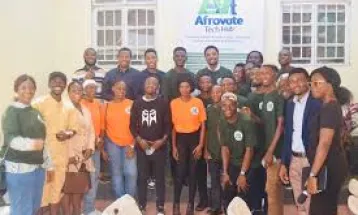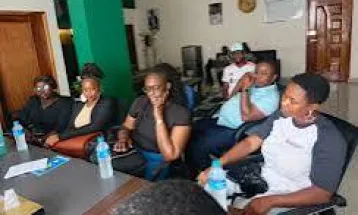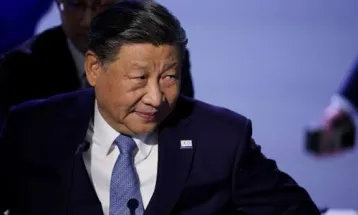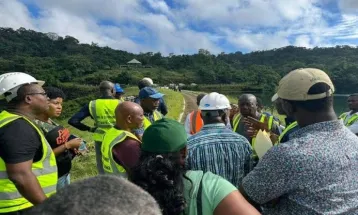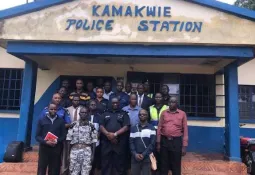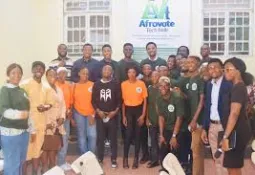
India and Sierra Leone Strengthen Ties to Boost Aquaculture and Fisheries Development
India and Sierra Leone have taken a major step toward deepening their partnership in aquaculture and fisheries development. On October 6, 2025, the High Commission of India in Freetown hosted a roundtable at the Country Lodge Hotel, bringing together government officials, researchers, and entrepreneurs to explore sustainable ways to grow Sierra Leone’s blue economy.
India’s High Commissioner to Sierra Leone, B.C. Pradhan, said the event followed months of collaboration with Sierra Leone’s Ministry of Fisheries and Marine Resources. He emphasized that India’s vast experience in agriculture and aquaculture could help Sierra Leone build a stronger and more sustainable sector.
He highlighted India’s remarkable journey from food scarcity to becoming one of the world’s leaders in aquaculture production. Through programs such as the Indian Technical and Economic Cooperation (ITEC), India continues to share expertise with developing countries, offering training and scholarships to professionals and students. Pradhan noted that 37 Sierra Leonean students are currently studying in India on fully funded scholarships, and more opportunities will be available next year.
The High Commissioner explained that aquaculture could complement Sierra Leone’s marine fisheries by creating jobs, improving food security, and driving economic growth. He said this partnership supports the government’s Feed Salone agenda and its broader goal of promoting sustainable livelihoods.
Sierra Leone’s Minister of Fisheries and Marine Resources, Princess Dugba, welcomed the initiative, describing it as vital for the country’s long-term development. She explained that while marine fisheries currently yield about 250,000 metric tons of fish annually, aquaculture offers an opportunity to expand production sustainably and protect marine ecosystems.
According to her, revenues from fisheries—currently between $6.5 million and $10 million a year—could grow to over $59 million with proper management and modern aquaculture practices. The minister outlined government priorities such as freshwater aquaculture in inland valleys and mariculture projects that include oysters, shrimp, and seaweed farming. She also encouraged Indian private investors to participate in joint ventures, fish processing, and cold storage development.
Dr. Joykrushna Jena, representing the Indian Council of Agricultural Research, said the delegation’s goal was to understand Sierra Leone’s aquaculture environment and identify opportunities for collaboration. He noted that aquaculture now surpasses captured fisheries globally, with India producing nearly 20 million tons of fish annually through technology, research, and innovation.
Dr. Jena said India’s experience—spanning over 100 research institutes and multiple universities—could be adapted to Sierra Leone’s needs, focusing on food safety, environmental sustainability, and gender inclusion.
Sheku Sei, Director at the Ministry of Fisheries and Marine Resources, described Sierra Leone’s fisheries potential as vast but underdeveloped. With a 570-kilometer coastline and more than 200 marine species, he said the country could benefit greatly from Indian expertise in inland aquaculture and mariculture.
He stressed that expanding aquaculture could create jobs for women and youth while ensuring food security and protecting biodiversity. “With Indian investment in technology and training, Sierra Leone can transform its fisheries sector into a modern, sustainable, and profitable industry,” he said.
The India–Sierra Leone Roundtable concluded with both nations pledging to strengthen cooperation in research, training, and private-sector engagement. The partnership aims to build a thriving aquaculture ecosystem that supports livelihoods, safeguards the environment, and contributes to Sierra Leone’s economic growth.

